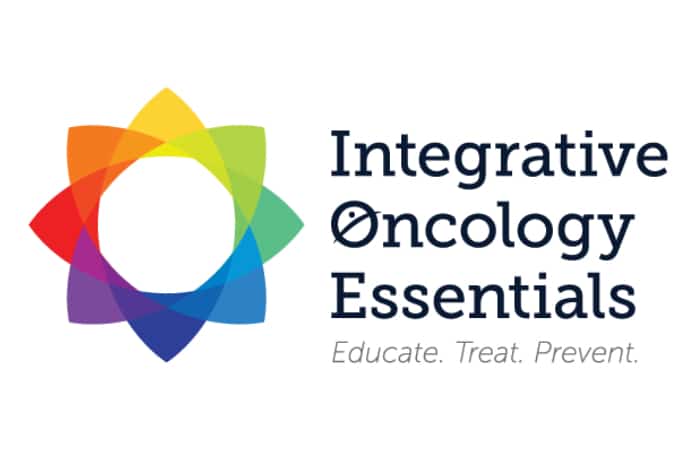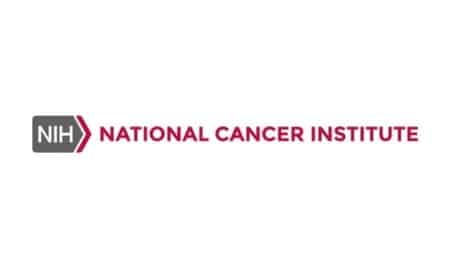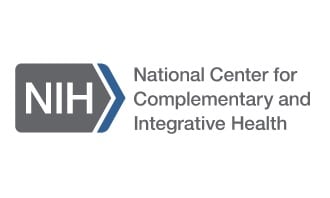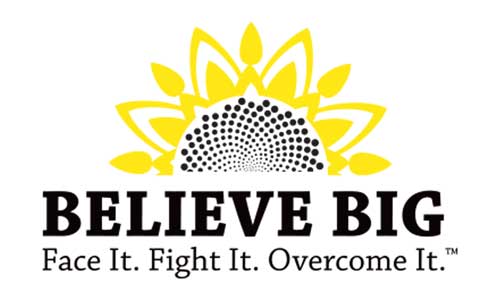Metformin, a prescription drug used to manage diabetes, has shown some benefits in lower risks of cancer and better survival, mostly among people with diabetes or high blood sugar.
How do experts use metformin?
Integrative experts provide recommendations for metformin in treating people with cancer. Learn more about the approaches and meanings of recommendations. See Integrative Oncology Programs and Expert Guidelines ›
Published protocols, programs, and approaches
Metformin is used in programs, approaches, and protocolsa package of therapies combining and preferably integrating various therapies and practices into a cohesive design for care from these integrative oncologists, drawing from both scientific research and observations from years or even decades of treating people with cancer.
We do not recommend specific integrative protocols or programs but provide information for you to evaluate with your healthcare team.
Keith Block, MD
Block KI. Life over Cancer: The Block Center Program for Integrative Cancer Care. New York: Bantam Dell. 2009.
The integrative Block Program has recommendations to people who are at different places along the cancer continuum:
- Those who’ve been recently diagnosed
- Those in treatment
- Those who’ve concluded treatment and need to remain vigilant to prevent recurrence
Uses of metformin:
- Pharmaceutical glycemia terrain modifier
- If you are taking glycemic support supplements or terrain modifiers and they are not correcting your glycemic imbalance, Keith Block, MD, suggests talking with your physician about increasing the doses of these, and/or considering using metformin. “Metformin . . . is approved for insulin resistance, reduces the liver’s ability to release glucose and so may be helpful for patients whose glucose imbalance results from this mechanism.”
Raymond Chang, MD, FACP
Chang R. Beyond the Magic Bullet: The Anti-Cancer Cocktail. New York: Square One Publishers. 2012.
This book describes a “new therapy based on the knowledge that certain off-label drugs, nutrients, and therapies are each somewhat effective against cancer.” Dr. Chang combines approaches for added benefit.
Neil McKinney, BSc, ND
McKinney N. Naturopathic Oncology, Fourth Edition. Victoria, BC, Canada: Liaison Press. 2020.
This book includes descriptions and uses of many natural and complementary protocols for cancer in general and for specific cancers. It also includes information on integrative support during conventional cancer treatment.
Uses of metformin:
- Breast cancer
- Carcinoid/neuroendocrine cancer
- Lymphoma
- Melanoma
- Pancreatic cancer
- Prostate cancer
- Sarcoma
- Thyroid cancer
Expert commentary
Integrative physician and CancerChoices advisor Barry Elson, MD, February 18, 2021: Observationala type of study in which individuals are observed or certain outcomes are measured, but no attempt is made to affect the outcome (for example, no treatment is given); an example is a study that records people’s diets, but doesn’t try to alter their diets, and looks for patterns of disease or other outcomes related to different foods studies find benefit in those with insulin resistance and/or obesity, perhaps because metformin stimulates the tumor suppressor AMPK. AMPK is poorly activated in obese patients, since they are generally deficient in adiponectin, an AMPK-activating hormone.
In addition to chemical stimulation of AMPK, avoiding sugar and taking other measures to curb insulin resistance can achieve some of the same impacts without the side effects of metformin. Several excellent natural remedies are available, such as these:
- Chromium
- Alpha lipoic acid
- Berberine
- Fish oil
- Cinnamon
CancerChoices staff: We strongly recommend that you use metformin only as directed by your licensed physician.




